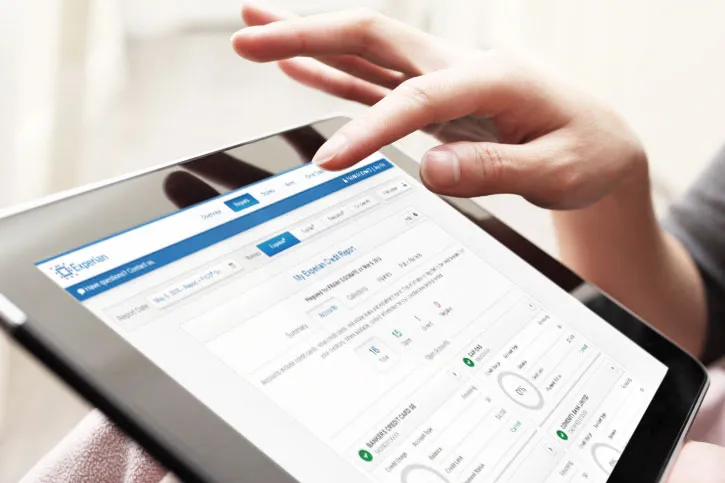Updating Bankruptcy Information

Dear Experian,After a bankruptcy discharge the creditors usually update their accounts, so the debt shows as discharged in bankruptcy. However, they don't always do that. Can I send you a copy of my discharge and the list of creditors so the report can be updated?
- ETT
Dear ETT,
The accounts in your credit report should reflect that they are included in the bankruptcy, and the bankruptcy public record should be listed as well. Both should indicate they are discharged once the bankruptcy has been completed.
If You Think There Might Be A Mistake On Your Credit Report
Once your creditors are notified that an account has been included in your bankruptcy filing, they should request that the account be updated to reflect that on your credit report. If you've checked your Experian credit report recently and the accounts are not appearing correctly as discharged through bankruptcy, you can have them updated. Your credit report will include contact information for each creditor as well as instructions for disputing the information directly with Experian.
Your bankruptcy paperwork should include a document called a "schedule" that lists all of the debts included in the bankruptcy filing. Send a copy of the Schedule A, Schedule D, or Schedule F listing all of the debts included in the bankruptcy to the address on your credit report, along with a copy of the document showing the bankruptcy has been discharged and a statement explaining that the bankruptcy information on your credit report should be updated.
You can also submit the documentation along with your dispute online.
With the documentation, Experian should be able to update the status of the accounts. In response to the dispute, the court also may be contacted and asked to verify that the bankruptcy has been discharged, which should confirm the documentation.
How Long Does Bankruptcy Remain on Your Credit Report?
The two most common types of bankruptcy are Chapter 7 and Chapter 13. With a Chapter 7 bankruptcy, none of the debt is repaid, and the bankruptcy is typically discharged after a few months. Chapter 7 bankruptcies remain on the credit report for up to 10 years from the date filed. In a Chapter 13 bankruptcy, the consumer pays back a portion of the debts owed under a repayment plan that may take 3-5 years to complete. Chapter 13 bankruptcies remain for seven years from date filed.
Thanks for asking.
The "Ask Experian" team
Instantly raise your FICO® Score for free
Use Experian Boost® to get credit for the bills you already pay like utilities, mobile phone, video streaming services and now rent.
No credit card required
About the author
The Experian Team is made up of experts across many financial verticals including credit, identity theft, insurance, banking and more. Articles published by the Experian Team are written by these subject matter experts and reviewed by our internal team of editors and fact checkers.
Read more from Experian